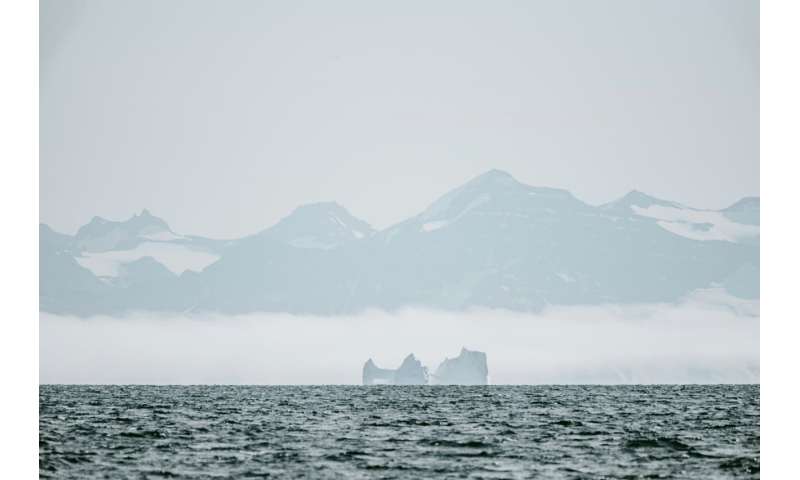Research to continue on Arctic amplification and its global impacts

From January 2024, The Collaborative Research Center "Arctic Amplification: Climate Relevant Atmospheric and Surface Processes and Feedback Mechanism (AC)3," which is headed by meteorologist Professor Manfred Wendisch from Leipzig University, and includes the Universities of Bremen and Cologne, the Alfred Wegener Institute, Helmholtz Center for Polar and Marine Research (AWI) and the Leibniz Institute for Tropospheric Research (TROPOS), will continue its ground-breaking work for another four years. The overall aim is to make fundamental and significant advances in our understanding of Arctic amplification and improve the reliability of models used to predict the dramatic warming of the Arctic.
"Over the past 25 years, we have observed a drastic increase in near-surface air temperatures in the Arctic, which is two to three times more pronounced than global warming," says Professor Manfred Wendisch, spokesperson for the Collaborative Research Center. This phenomenon, which the interdisciplinary network has been studying and trying to understand for eight years using various scientific methods, is known as Arctic amplification.
Professor Susanne Crewell, deputy spokesperson from the University of Cologne, explains, "In recent years, we have been able to quantify seasonal differences and better understand the interaction of various feedback mechanisms that are thought to be the cause of Arctic amplification."
Dr. Gunnar Spreen, deputy spokesperson from the University of Bremen, adds, "This is connected to a dramatic decrease in sea ice. In summer, we only have about half of the ice that we had 40 to 50 years ago. The (AC)3 is investigating which interactions between the atmosphere and ocean play a role here."
What the researchers have found out so far
The scientists have used existing and new data to identify short-term changes and indications in Arctic climate variables. "The Arctic atmosphere has become significantly wetter. Storm activity has also increased regionally," says Manfred Wendisch. In addition, winter warming has intensified in the regions around Svalbard and the North Pole, which has led to a decrease in the thickness of sea ice in the Fram Strait and snow depth on the ice.
The research aircraft HALO and the polar aircraft Polar 5 and 6 in conjunction with the icebreaker Polarstern have been used on expeditions to the Arctic. The latter were part of the MOSAiC expedition led by the Alfred Wegener Institute, Helmholtz Center for Polar and Marine Research (AWI). The Collaborative Research Center (AC)3 was the main German university contribution to MOSAiC.
Future priorities and projects
The Collaborative Research Center / Transregio 172 "Arctic Amplification (AC)3" will answer three central questions in its third phase:
- What are the main causes and to what extent do these contribute to Artic amplification?
- How do changes in the transport of air masses impact the weather and climate in the Arctic and mid-latitudes?
- What trends can be identified that are caused by Arctic amplification and how will they develop in a future, warmer climate?
To better link their results in the future, the researchers are developing cross-cutting themes to answer key questions in four key areas: the vertical temperature gradient, surface processes, Arctic mixed-phase clouds, and transport and transformation of air masses.
The main objective of the third phase of the Collaborative Research Center (AC)3 is to bring together the numerous observational and modeling results from the previous phases in order to make fundamental and significant advances in our understanding of Arctic amplification.
In the coming years, the interdisciplinary network's research questions will continue to provide the basis for ground-breaking insights into arctic climate change. These will also contribute to addressing the challenges of climate change on a global scale.
Provided by Leipzig University